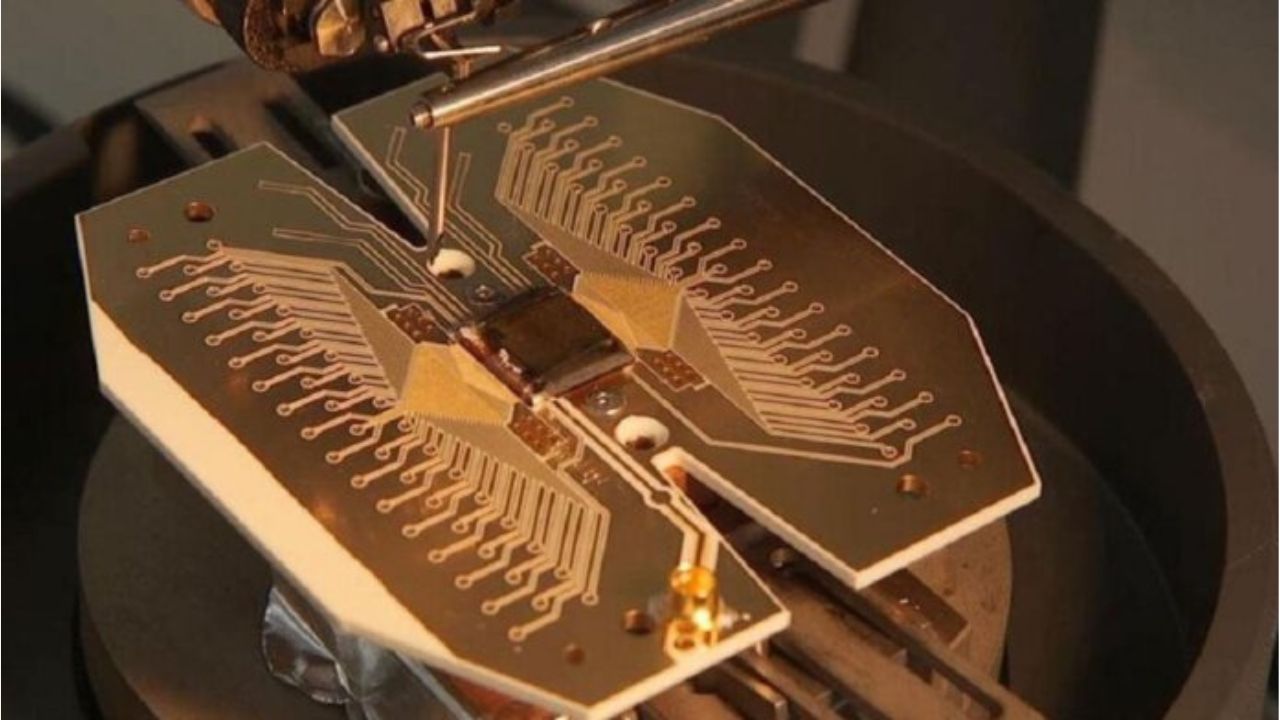Universal Quantum, a UK-based quantum computer developer, recently published new scientific data on its scalable trapped-ion quantum architecture for connecting quantum qubits across multiple computer microchips.
The company, a spinoff from University of Sussex, claims that its trapped-ion technology is capable of transferring quantum bits at "record-breaking speed and accuracy."
A research paper published last week in academic journal Nature Communications suggests the platform transfers qubits across microchips at a 99.9% success rate, at a connection speed of around 2424/s.
Two new quantum computers that will trial Universal Quantum's fundamental hypothesis are being funded by the German Aerospace Centre, to the tune of €67 million from its quantum grant award programme.
One of the projects is expected to construct a single-chip quantum computer, while the second will thread two or more chips together to build a multi-chip quantum system with capacity for 100 qubits. Both computers will be delivered by Universal Quantum's German subsidiary, under a quantum initiative funded by Germany's federal government.
The spinout has also joined a UK government quantum consortium that includes aerospace engine developer Rolls Royce. The partners aim to devise a quantum computer to model fuel-efficient aviation turbine methods, limiting fuel consumption and emissions.



Would you like to write the first comment?
Login to post comments